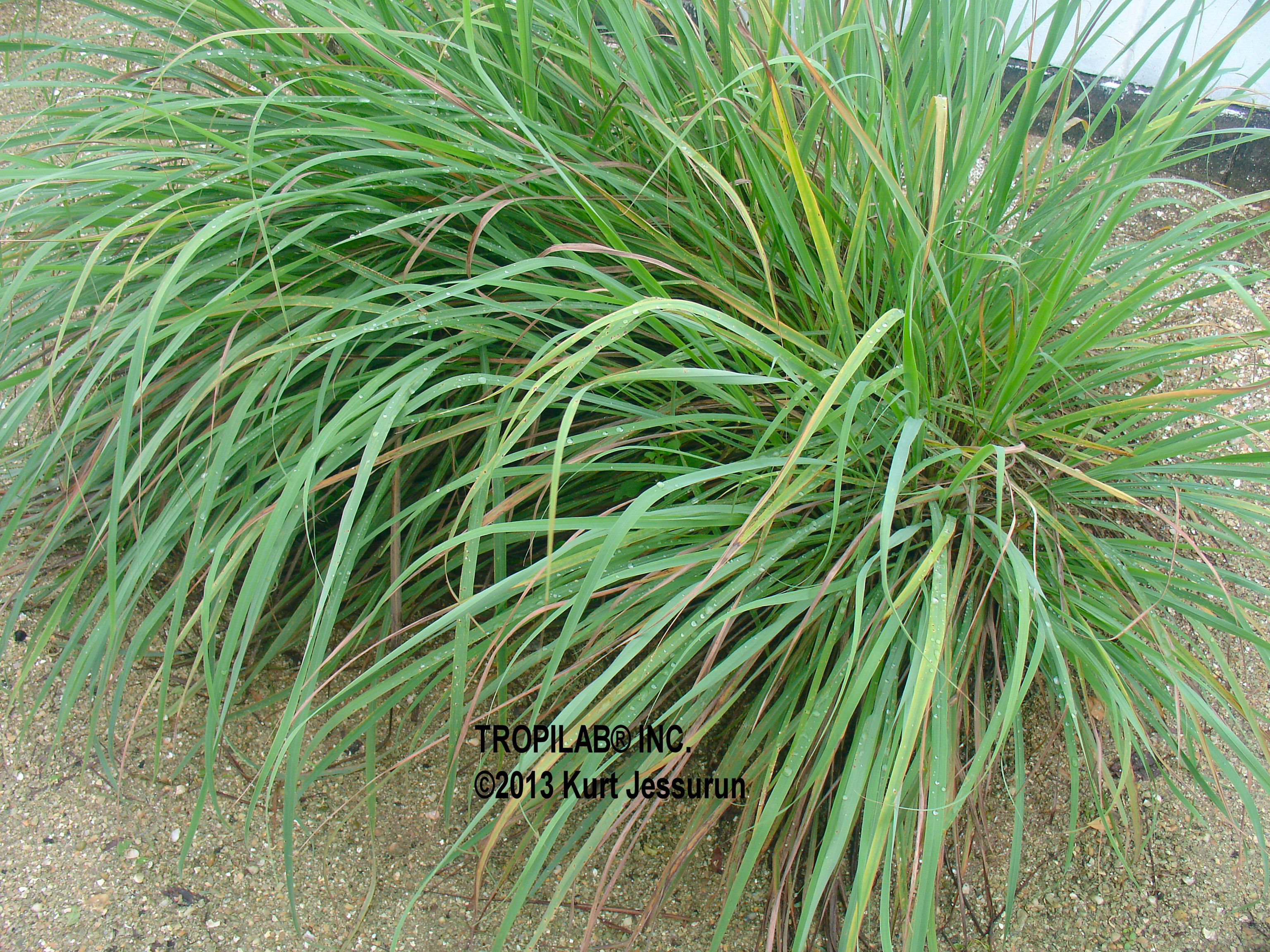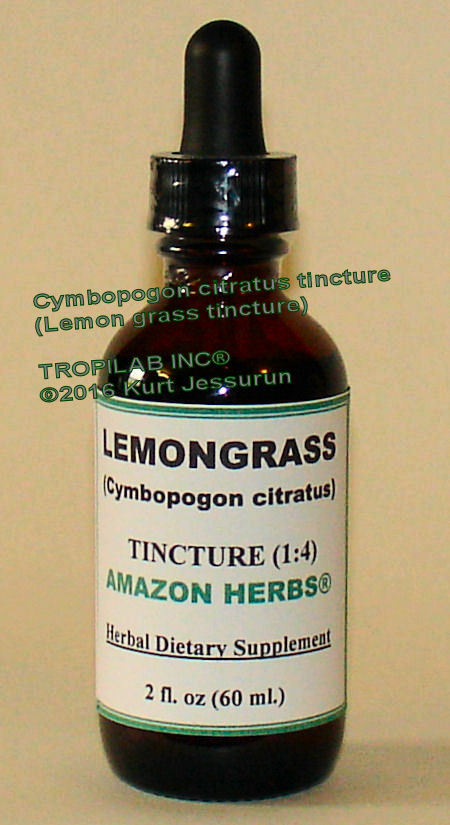 Overview
Overview
Lemon grass (Cymbopogon citratus) is an aromatic, flavorful grass. It has therapeutic
properties and is used internally as a medicinal tea (infusion).
The leaves are strongly lemon scented and
flavored.
In aromatherapy, lemongrass oil is a toning and antiseptic herb and is used to treat circulation,
acne and oily skin.
The oil is also used as a fragrance in perfumes and cosmetics.
Applications
 Lemongrass is used for bacterial- and fungal infections; fever nervous
conditions, and inflammation (pain and stiffness).
Lemongrass is used for bacterial- and fungal infections; fever nervous
conditions, and inflammation (pain and stiffness).
It is also used internally (herbal tincture and medicinal tea) to help with urination and water retention. Analgesic and
anti-depressant (it acts as a central nervous system (CNS) depressant).
It also stimulates the uterus and menstrual flow. Used as a topical treatment for athlete's foot and ringworm.
Lemongrass has potential use in the prevention and treatment of anemia.
Constituents
The essential oil of lemon grass (0.2 to 0.5%) consists mainly of citral. Citral is a
mixture of two stereoisomeric monterpene aldehydes.
Further phytochemicals are terpenoids: nerol, limonene, linalool and b-caryphyllene, Geraniol, Citral a, Citral b,
Citronellal, Terpinolene, Geranyl acetate, Myrcene and Terpinol Methylheptenone, camphor, protein, fiber, calcium,
phosphorus, iron, vitamin A, vitamin C.
The plant also contains flavonoids and phenolic compounds, consisting of luteolin, isoorientin 2'-O-rhamnoside,
quercetin, kaempferol and apiginin.
Pharmacology
Lemongrass is considered to have many useful properties such as antibacterial, antifungal,
and fever-reducing. Many of these claims have been supported by animal and laboratory studies. In a study, published
in the medical journal Microbios, researchers demonstrated that lemongrass was effective against 22 strains of bacteria
and 12 types of fungi.
Lemongrass has been shown to have antimutagenic properties; researchers have found that it is able to reverse
chemically induced mutations in certain strains of bacteria.
Research also confirmed the use as an analgesic and sedative.
Another study suggests that myrcene, a phyto-chemical in this plant, an olefinic natural organic hydrocarbon, may act as a
site-specific pain reliever.
Unlike aspirin and other similar analgesics, which tend to alleviate pain throughout the body, myrcene seems to work only
on particular areas.
Cymbopogon citratus, is one of the most used plants in Brazilian folk medicine, for the treatment of nervous
and gastrointestinal disturbances.
Dosage
Tincture: 1 - 3 ml daily (1 - 3 full pipettes).
Infusion (herbal tea): 0.5 - 2 cups daily.
Warnings
It may be not safe to take lemongrass by mouth during pregnancy. It seems to be able to start
menstrual flow so there is a concern that it might cause a miscarriage.
Reference
Effect of lemon grass (Cymbopogon citratus Stapf) powder and essential oil on mould
deterioration and aflatoxin contamination of melon seeds (Colocynthis citrullus L.).
African Journal of Biotechnology 3(1):pp. 52-59
Antibacterial constituents in the essential oil of Cymbopogon citratus (DC.) Stapf.
Onawunmi GO, Yisak WA, Ogunlana EO.
Pharmacology of lemongrass (Cymbopogon citratus Stapf). I. Effects of teas prepared from the leaves on laboratory
animals.
Carlini EA, Contar J de DP, Silva-Filho AR, da Silveira-Filho NG, Frochtengarten ML, Bueno OF.
The above presentation is for informational and educational purposes only.
It is
based on scientific studies (human, animal, or in vitro), clinical experience, or traditional usage.
For many of
the conditions discussed, treatment with prescribed (RX) or over - the - counter (OTC) medication is also available.
Consult your doctor, practitioner, and/or pharmacist for any health problem and before using dietary supplements
or before making any changes in prescribed medications.
|

